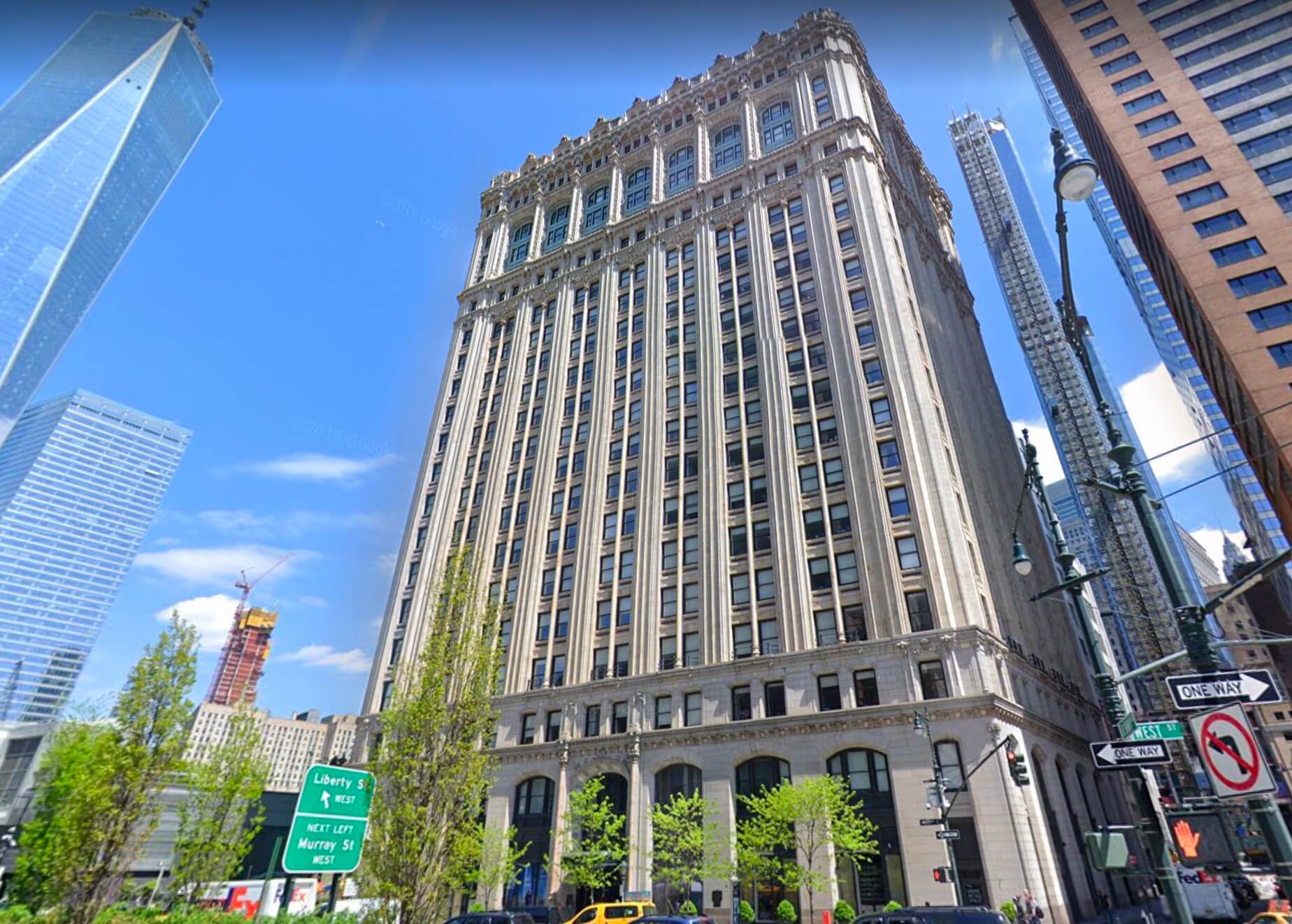BY GABE HERMAN | Lower Manhattan tenants scored a decisive win in a late June Appeals Court decision, which ruled they had the right to rent stabilization, rent refunds and lowered rents, and that landlords receiving 421-G tax breaks could not deregulate apartments.
The 421-G tax exemption for landlords passed the state Senate in 1995. It incentivized turning Lower Manhattan office space into residential use during a time when people were fleeing the area.
In return for the tax breaks, apartments would be rent stabilized, with only small rent increases and guaranteed lease renewals for as long as the 421-G benefits were being received.

Before the state Senate voted on the bill back in 1995, then-Senate Majority Leader Joseph Bruno submitted a “Giuliani Letter” into the record. Not officially part of the legislation, the letter said that the city’s view of the bill was that luxury deregulation would still be allowed for apartments with rents over a certain amount. Landlords have used the Giuliani Letter to argue that they can raise rents.
In two Manhattan State Supreme Court cases involving Financial District-area buildings, Kuzmich v. 50 Murray Acquisition and West v. BCRE—90 West, the court ruled in 2017 in favor of the tenants and said that luxury deregulation did not apply to 421-G tax breaks.
However, the Appellate Division then overturned those decisions, ruling that the apartments had been properly deregulated under the Rent Stabilization Law from 1993, and were not exempted from deregulation by 421-G.
Now the Court of Appeals has had what will likely be the final word on the matter, according to attorney Serge Joseph, who represented tenants at 50 Murray St. and 90 West St.
The Court of Appeals wrote in its majority decision regarding the 421-G tax breaks, that the law required rent regulation for as long as the buildings receive the tax breaks.
“The Legislature’s intention, as reflected in the language of the statute at issue here,” the decision read, “is clear and inescapable.”
The Appeals Court decision was 6-1 in favor of the tenants. The majority decision noted that because the 421-G legislation passed after the Rent Stabilization Law, its exemption from luxury deregulation was sufficient and did not require going back to the earlier law to amend it for this exception.
Joseph told this paper that he was very happy about the Appeals Court decision, after fighting for more than a decade on this issue, which affects thousands of Lower Manhattan tenants.
“I’ve been partying, drinking Champagne,” Joseph said. “It was a long fight, and now this is it.”
Tenants at 90 West had joined the issue over 421-G after the building’s owner, The Kibel Company, tried to raise rents by 33 percent in 2016, tenant Taylor West told this paper in 2017.
An amicus brief supporting tenants at 90 West was filed by then-Public Advocate Letitia James in 2016 and signed by 37 other local politicians, including Assemblymember Deborah Glick, Councilmember Margaret Chin and state Senator Daniel Squadron. A similar suit was also previously filed by local politicians supporting the tenants at 50 Murray St.
“It has been a very long and arduous fight,” said Joseph, in a statement after the Appeals Court decision. “We look forward to working with Downtown tenants to ensure that as many tenants as possible benefit from the Court’s decision.”

































